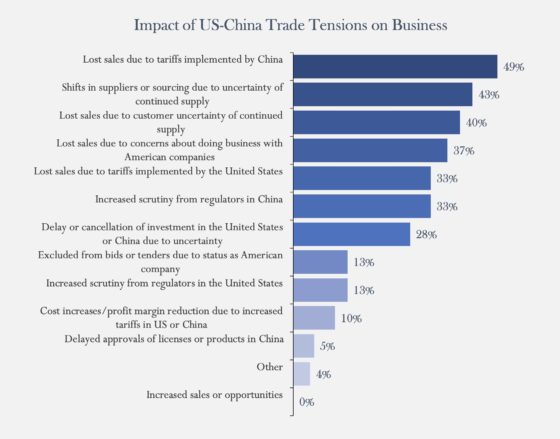The novel coronavirus 2019-nCoV, now called COVID-19, has continued to spread through China and beyond, with more than 1,800 deaths reported as of this writing. The virus’s spread has also had major impacts on business operations around the world, slowing or shuttering international companies’ operations in China and prompting travel restrictions and evacuations.
Businesses around the world are taking travel precautions and creating or updating existing response plans to address these risks. Dr. Adrian Hyzler, chief medical officer of healthcare, assistance and risk management company Healix, told the RIMScast podcast that “Companies have to think on their feet and have crisis meetings, twice, sometimes three times a week just to try and keep up with the changes in government regulations and what they have to do to try and manage the situation.”
But companies may not be able to manage all of the issues resulting from COVID-19-related business interruptions, and some may even fail to fulfill their contractual obligations because of supply chain complications, risking severe penalties. If this occurs, companies throughout the supply chain have options for protecting themselves or recovering from lost business.
If contracts allow, companies may attempt to invoke force majeur clauses, which, according to international law firm Reed Smith, “excuse a party’s performance of a contract if an unforeseen event beyond its control prevents performance.” To prepare for these complications, Reed Smith recommends that companies:
- review their contracts to determine what, if any, rights and remedies they have as a result of the delayed performance of contracts due to force majeure;
- provide timely notice of a force majeure event;
- prepare for potential litigation concerning failure-to-supply issues and the application of force majeure clauses, including by taking (and documenting) reasonable steps to mitigate the impact of the novel coronavirus;
- update form force majeure clauses to take into account, to the extent possible, modern risks to contractual performance, including diseases, epidemics or quarantines.
Reed Smith also noted that if a company intends use a force majeur clause to avoid financial penalties for business interruptions as a result of COVID-19, they should “take (and document) reasonable steps to mitigate the impact of the novel coronavirus. While these steps may prove futile, they are essential predicates to mounting a valid force majeure defense.”
There may also be insurance options for covering COVID-19-related losses. When speaking with the RIMScast podcast, Reed Smith’s Richard P. Lewis said that depending on a company’s exposures, some options for covering losses include contingent business interruption coverage, event cancellation policy, supply chain insurance or travel insurance. But, Lewis said, “The first big category would be first party insurance. That would be property insurance and more specifically a first party or property insurance policies providing ‘time element coverage’ that is impacted by time, usually known as business income or business interruption insurance.”
Lewis also said while property (like a factory that is shut down after the outbreak) may not have suffered actual physical damage, there could be legal precedent for claiming physical loss or damage “if the building can’t be used for its intended purpose.” Anderson Kill P.C.’s Finley T. Harckham also noted that in case law, people becoming sick on a property will not count as property damage, but contaminants at a property (including pathogens like COVID-19) could qualify.
U.S. companies, Lewis said, will be dealing with “contingent exposures, meaning the property affected is their customers’ or suppliers’ and not their own property.” However, if those companies have their own property, coverage is likely dependent on whether it was “closed by the order of a civil authority because of the actual presence of a virus and not the suspected presence of a virus.” Harckham noted that these restrictions would likely trigger civil authority coverage, which many insurance policies contain.
However companies attempt to cover their losses, Lewis recommended “Just make sure that if if this thing goes to court that you’re able to prove your losses. And that means to document them and to have witnesses who are able to explain what it is you lost and be able to testify at trial with that if it comes to that.”
To hear the full conversations with Hyzler and Lewis, listen to the RIMScast episode “What Risk Professionals Should Know About the Coronoavirus” here.

